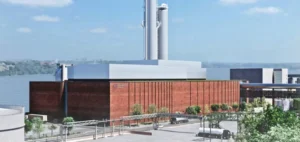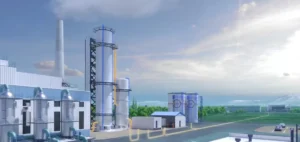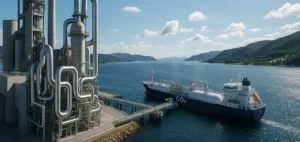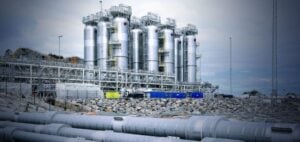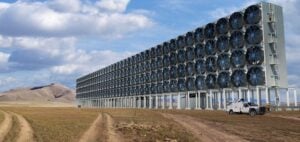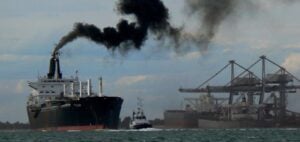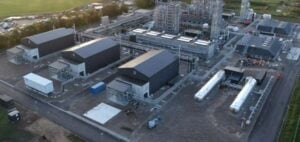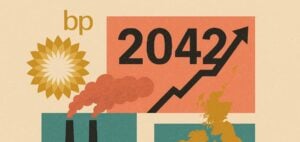SK Innovation, South Korea’s leading oil refiner, has announced that it has acquired a 20% stake in the G-15-AP subsea carbon storage project in Australia.
The project, carried out in collaboration with InCapture, which holds a 75% stake, and CarbonCQ, which holds a 5% stake, aims to create the first large-scale subsea carbon storage facility off Australia’s northwest coast.
This initiative is part of SK Innovation’s strategy to diversify beyond oil and gas exploration and production.
Carbon capture and storage targets
The G-15-AP project, scheduled for commissioning in 2030, represents a concerted effort to reduce CO2 emissions by capturing the carbon emitted by industries and storing it safely under the sea.
This project aligns with the objectives of SK Earthon, SK Innovation’s upstream subsidiary, which is seeking to secure capture and storage capacity of 2 million tonnes of CO2 by 2030, 5 million tonnes by 2040, and 16 million tonnes by 2050.
This acquisition follows on from other initiatives by SK Earthon, which is already involved in similar projects in Asia, including the Shepherd project in Malaysia in partnership with Petronas.
Strategic diversification into Asia
Focusing on markets closer to Asia, SK Innovation is redirecting its efforts to deploy in regions offering synergies with its existing activities.
Away from more distant markets such as the USA and Peru, the company is concentrating on strategic projects in China, Vietnam, Malaysia and now Australia.
This approach strengthens the company’s position as a major player in carbon capture and storage, while consolidating its role in the global energy transition.


